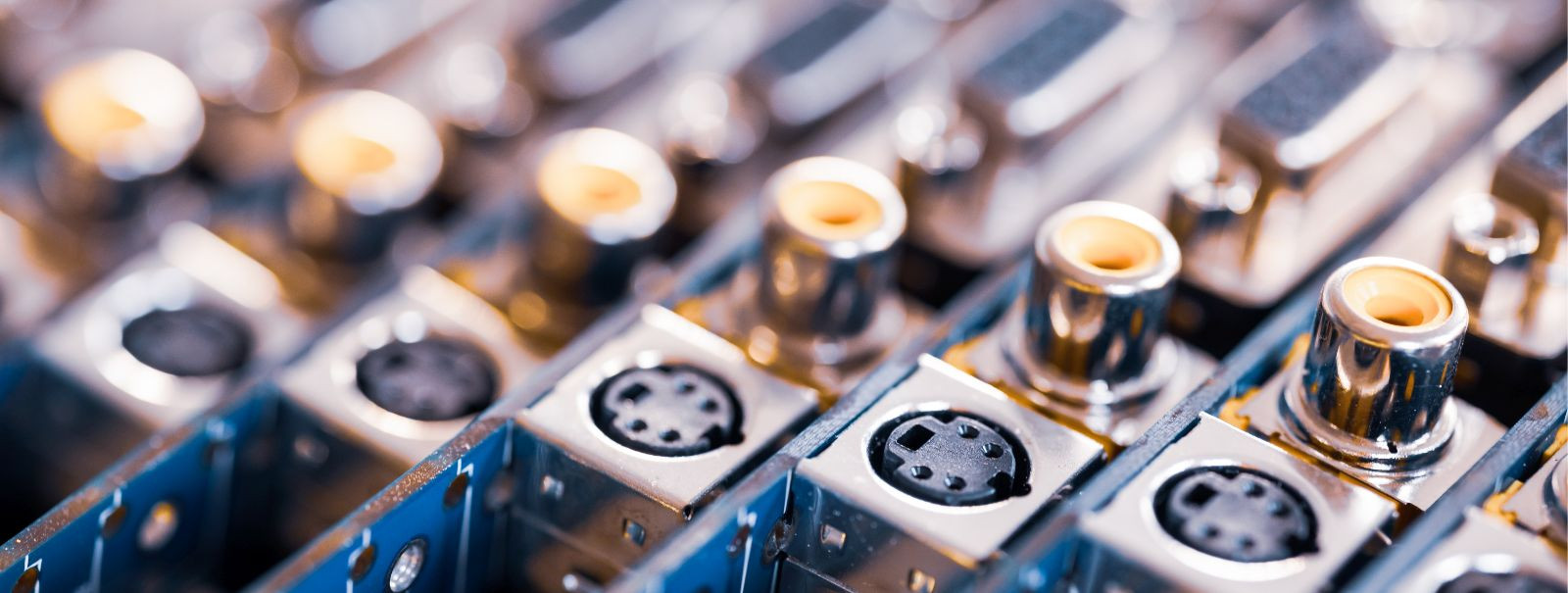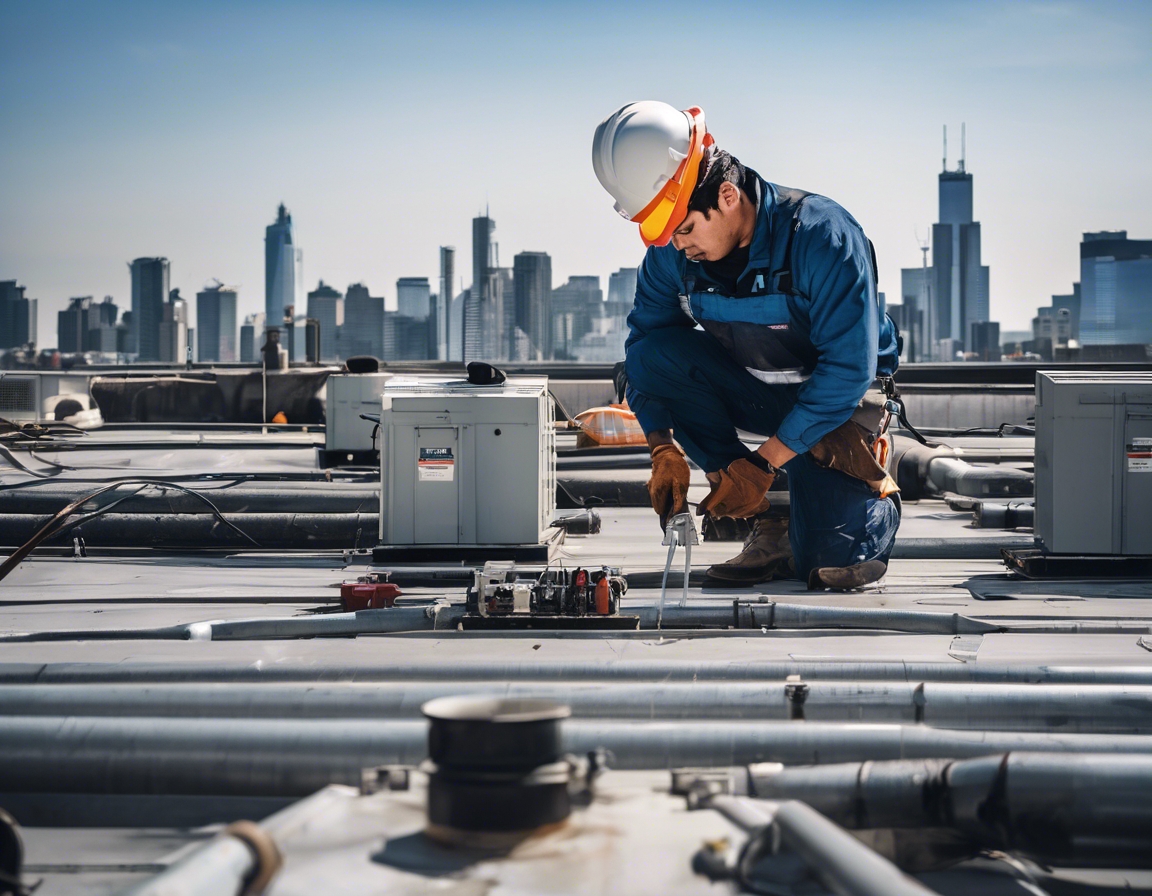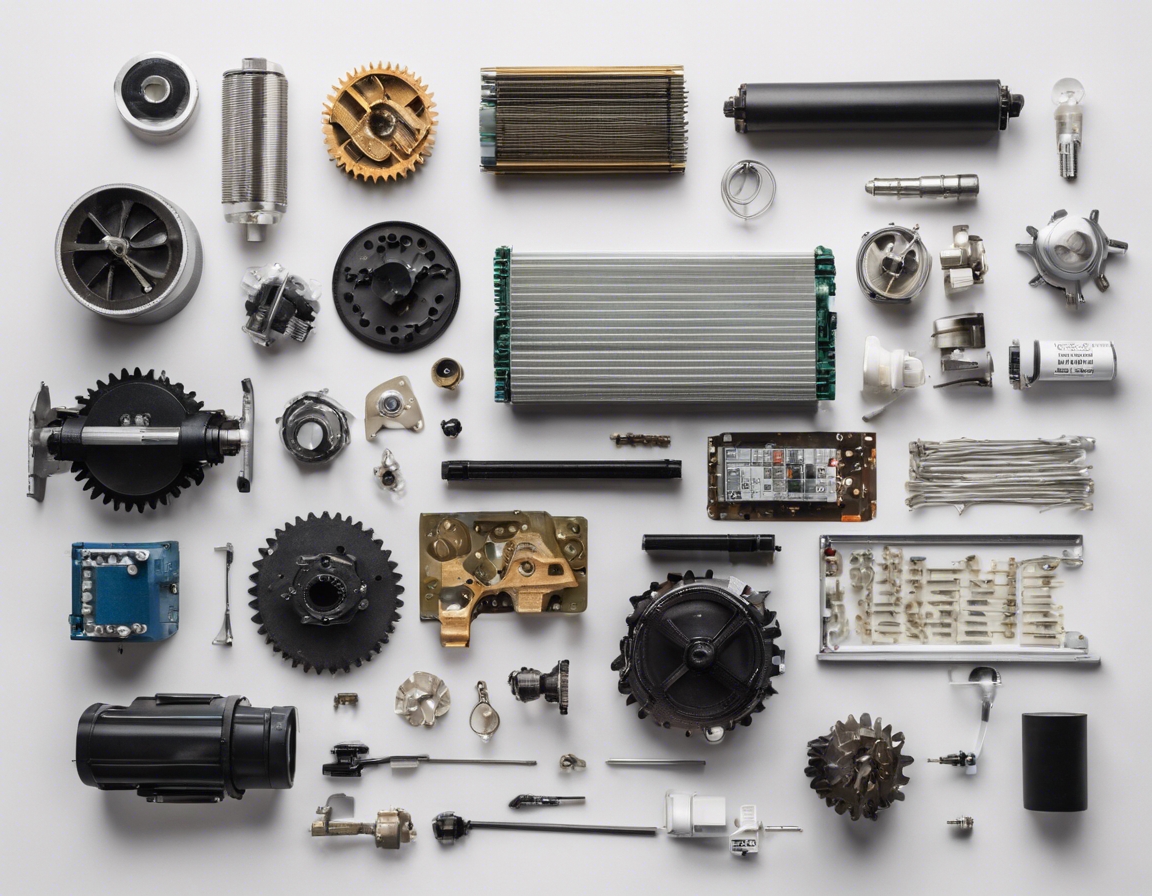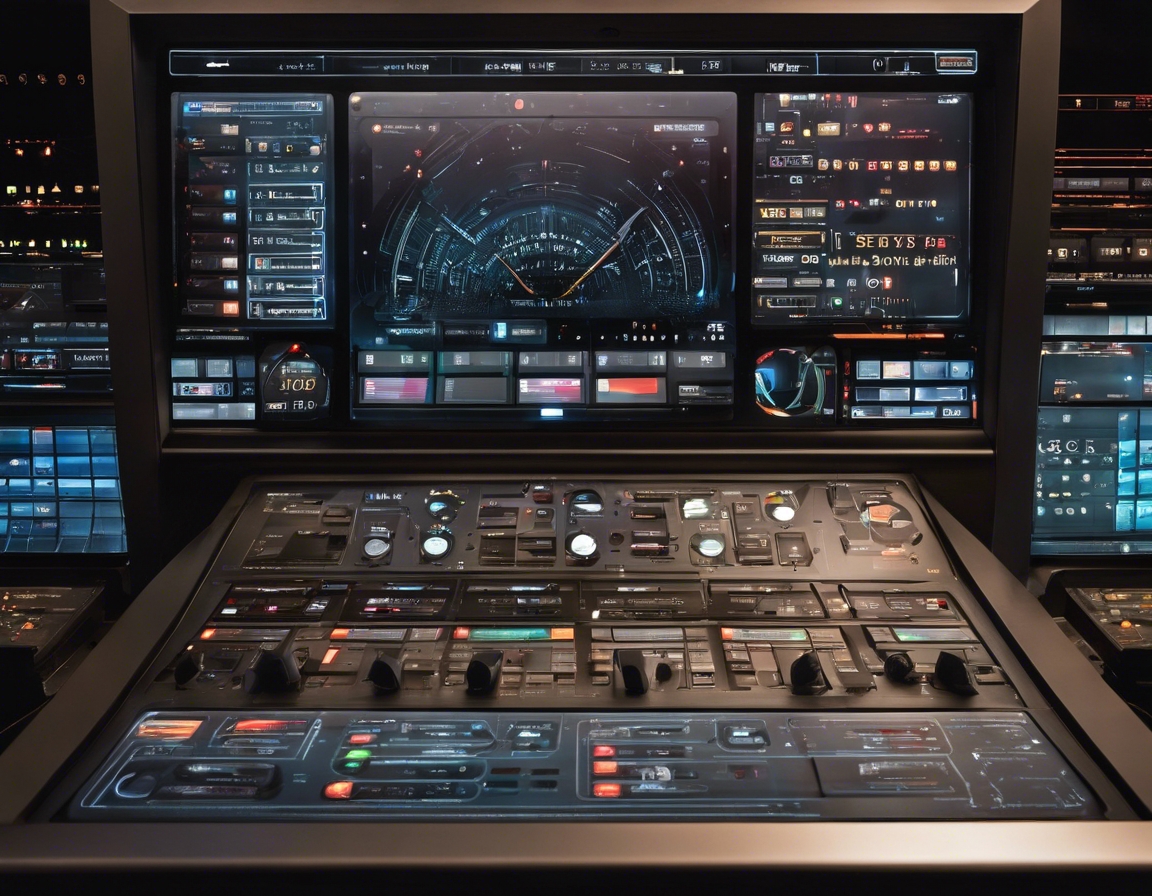Energy efficiency in industrial hvac systems
Industrial HVAC (Heating, Ventilation, and Air Conditioning) systems are critical components in maintaining optimal environmental conditions in industrial and commercial facilities. These systems are designed to regulate temperature, humidity, and air quality, ensuring a comfortable and safe environment for both equipment and personnel. Given the scale and complexity of industrial operations, HVAC systems in these settings are often large and energy-intensive, making energy efficiency a key consideration for businesses.
Importance of Energy Efficiency in Industrial HVAC Systems
Energy efficiency in industrial HVAC systems is crucial for several reasons. Firstly, it significantly reduces operational costs by lowering energy consumption. Secondly, it contributes to sustainability goals by minimizing the carbon footprint of industrial operations. Lastly, energy-efficient systems enhance the reliability and longevity of HVAC equipment, reducing the frequency and cost of repairs and replacements.
Key Components of Energy-Efficient HVAC Systems
Investing in high-efficiency HVAC equipment is the foundation of an energy-efficient system. This includes selecting units with high Seasonal Energy Efficiency Ratios (SEER) and Energy Efficiency Ratios (EER), which indicate better performance and lower energy consumption.
Advanced control systems, such as programmable thermostats and building automation systems, allow for precise control over HVAC operations. These systems can adjust settings based on occupancy, time of day, and other factors, optimizing energy use without compromising comfort.
Regular maintenance and monitoring are essential for maintaining the efficiency of HVAC systems. This includes routine inspections, cleaning, and servicing of components to ensure they operate at peak performance. Monitoring systems can also detect inefficiencies and potential issues before they lead to costly repairs.
Strategies for Improving Energy Efficiency
Retrofitting involves upgrading existing HVAC systems with more efficient components or technologies. This can include replacing outdated equipment, adding variable speed drives, or installing energy recovery ventilators to improve overall system efficiency.
Smart technologies, such as IoT sensors and AI-driven analytics, provide real-time data and insights into HVAC performance. These technologies enable predictive maintenance, energy optimization, and adaptive control, leading to significant energy savings.
Optimizing the design of HVAC systems involves tailoring the system layout and components to the specific needs of the facility. This includes proper sizing of equipment, efficient ductwork design, and strategic placement of sensors and controls to maximize efficiency.
Benefits of Energy-Efficient HVAC Systems
Energy-efficient HVAC systems can lead to substantial cost savings by reducing energy bills and minimizing maintenance expenses. Over time, these savings can offset the initial investment in high-efficiency equipment and technologies.
By reducing energy consumption, energy-efficient HVAC systems help lower greenhouse gas emissions and contribute to environmental sustainability. This aligns with corporate social responsibility goals and can enhance a company's reputation as an environmentally conscious organization.
Energy-efficient systems are often more reliable and have longer lifespans due to reduced wear and tear on components. This results in fewer breakdowns, less downtime, and improved overall performance, ensuring that industrial operations run smoothly and efficiently.








Comments (0)